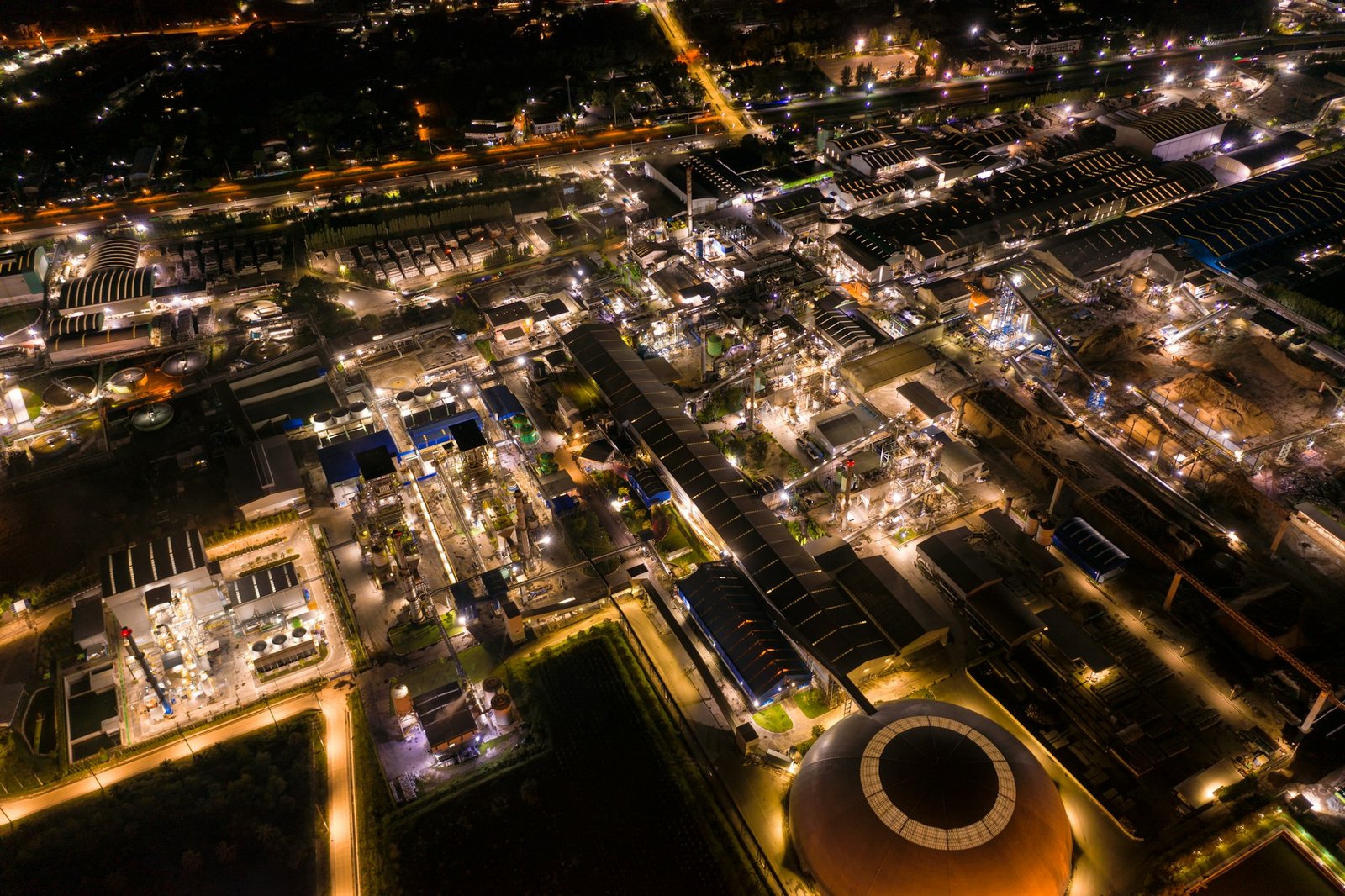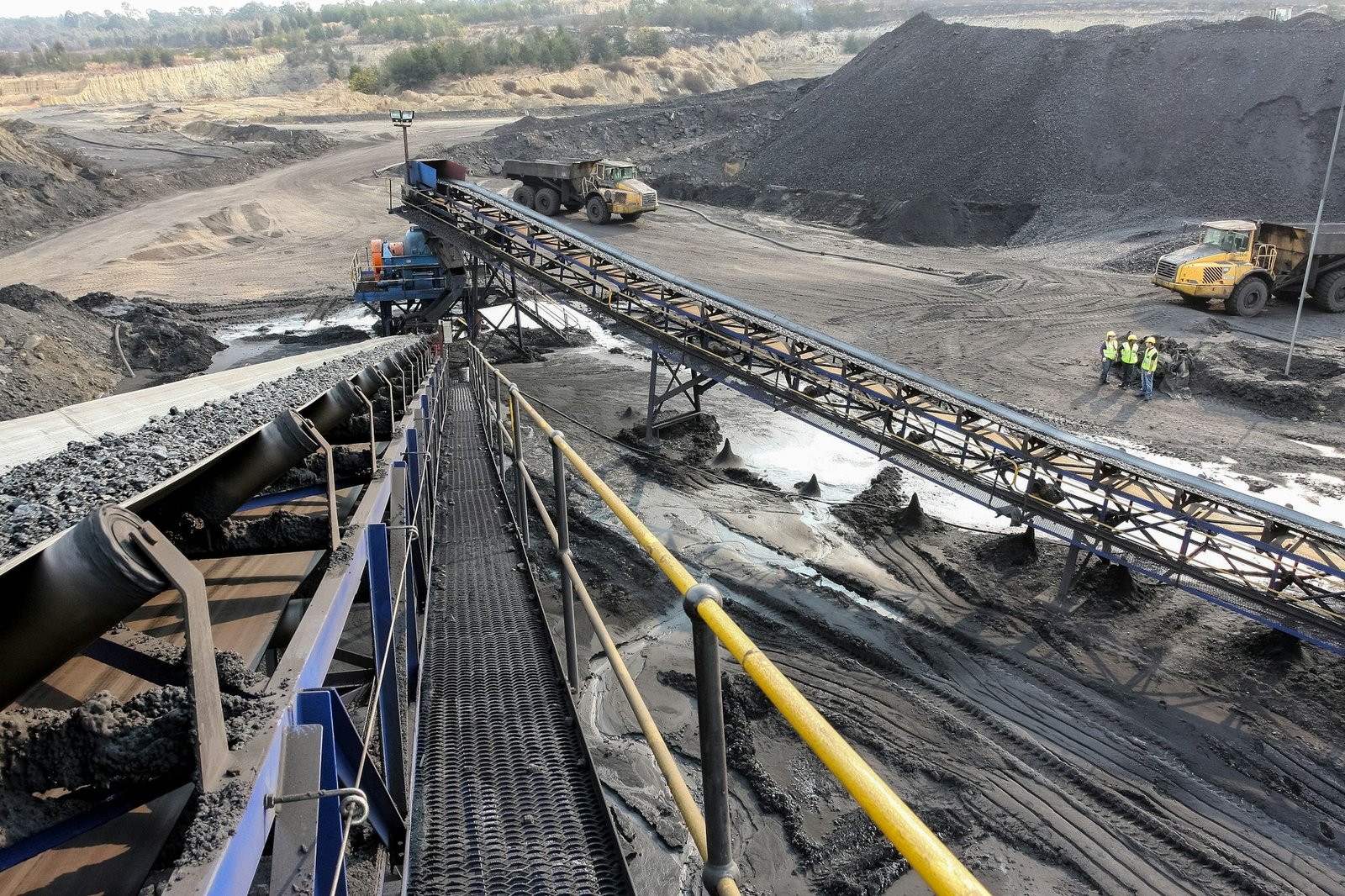Chemical waste management is a critical aspect of sustainable development, with implications for environmental protection, human health, and resource conservation. In this article, we delve into the strategies and approaches for managing chemical waste within the framework of a circular economy.
Understanding Chemical Waste
Chemical waste encompasses a wide range of materials, including hazardous substances, by-products of industrial processes, and unused or expired chemicals. Improper disposal of chemical waste can lead to pollution of air, water, and soil, posing significant risks to ecosystems and human populations.
Types of Chemical Waste
Chemical waste can be categorized based on its composition, origin, and toxicity. Common types of chemical waste include solvents, heavy metals, pesticides, pharmaceuticals, and electronic waste (e-waste). Each type of waste presents unique challenges and requires specific management strategies to minimize environmental impact.
Principles of a Circular Economy
Reduce, Reuse, Recycle
The principles of a circular economy emphasize minimizing waste generation, maximizing resource efficiency, and promoting closed-loop systems. By adopting strategies to reduce, reuse, and recycle chemical materials, companies can minimize their environmental footprint and contribute to sustainable development goals.
Life Cycle Thinking
Life cycle thinking involves considering the environmental impacts of products and processes across their entire life cycle, from raw material extraction to end-of-life disposal. By assessing the environmental footprint of chemical products and implementing measures to mitigate impacts at each stage, companies can make informed decisions that promote sustainability.
Strategies for Chemical Waste Management
Pollution Prevention
Pollution prevention strategies focus on minimizing or eliminating the generation of hazardous waste at the source. This may involve process optimization, substitution of hazardous materials with less toxic alternatives, and implementation of cleaner production techniques to reduce waste generation and emissions.
Hazardous Waste Treatment
For waste that cannot be prevented or reduced, proper treatment and disposal are essential to mitigate environmental risks. Treatment methods may include physical, chemical, or biological processes to detoxify or stabilize hazardous waste before disposal. Technologies such as incineration, chemical oxidation, and bioremediation are commonly used for hazardous waste treatment.
Resource Recovery and Recycling
Resource recovery and recycling efforts aim to recover valuable materials from chemical waste streams and reintegrate them into the production process. This may involve recovering energy through waste-to-energy technologies, extracting and purifying valuable metals or chemicals for reuse, or converting waste into new products or materials through chemical recycling processes.
Advancing Towards a Circular Economy
Collaboration and Stakeholder Engagement
Achieving a circular economy for chemical waste management requires collaboration and engagement across stakeholders, including government agencies, industry partners, academia, and civil society organizations. By working together to develop and implement effective waste management policies, regulations, and incentives, stakeholders can accelerate the transition towards a circular economy.
Innovation and Technology Adoption
Innovation and technology play a crucial role in advancing sustainable solutions for chemical waste management. Emerging technologies such as advanced recycling, bioremediation, and green chemistry offer promising opportunities to reduce waste generation, improve resource efficiency, and promote circularity in the chemical industry.
FAQs
1. What is chemical waste management?
Chemical waste management involves the safe and environmentally responsible handling, treatment, and disposal of hazardous chemical materials to minimize environmental pollution and human health risks.
2. Why is chemical waste management important?
Effective chemical waste management is essential for protecting the environment, safeguarding human health, and promoting sustainable development. Improper disposal of chemical waste can lead to pollution, ecosystem degradation, and adverse health effects.
3. What are the principles of a circular economy?
The principles of a circular economy include reducing waste generation, maximizing resource efficiency, promoting closed-loop systems, and adopting life cycle thinking to minimize environmental impacts throughout the product life cycle.
4. How can companies contribute to a circular economy in chemical waste management?
Companies can contribute to a circular economy by implementing pollution prevention measures, adopting hazardous waste treatment technologies, promoting resource recovery and recycling, collaborating with stakeholders, and investing in innovation and technology adoption.
5. What are some examples of innovative technologies for chemical waste management?
Innovative technologies for chemical waste management include advanced recycling processes, bioremediation techniques, green chemistry approaches, and waste-to-energy technologies, which offer opportunities to improve resource efficiency and promote circularity in the chemical industry.





